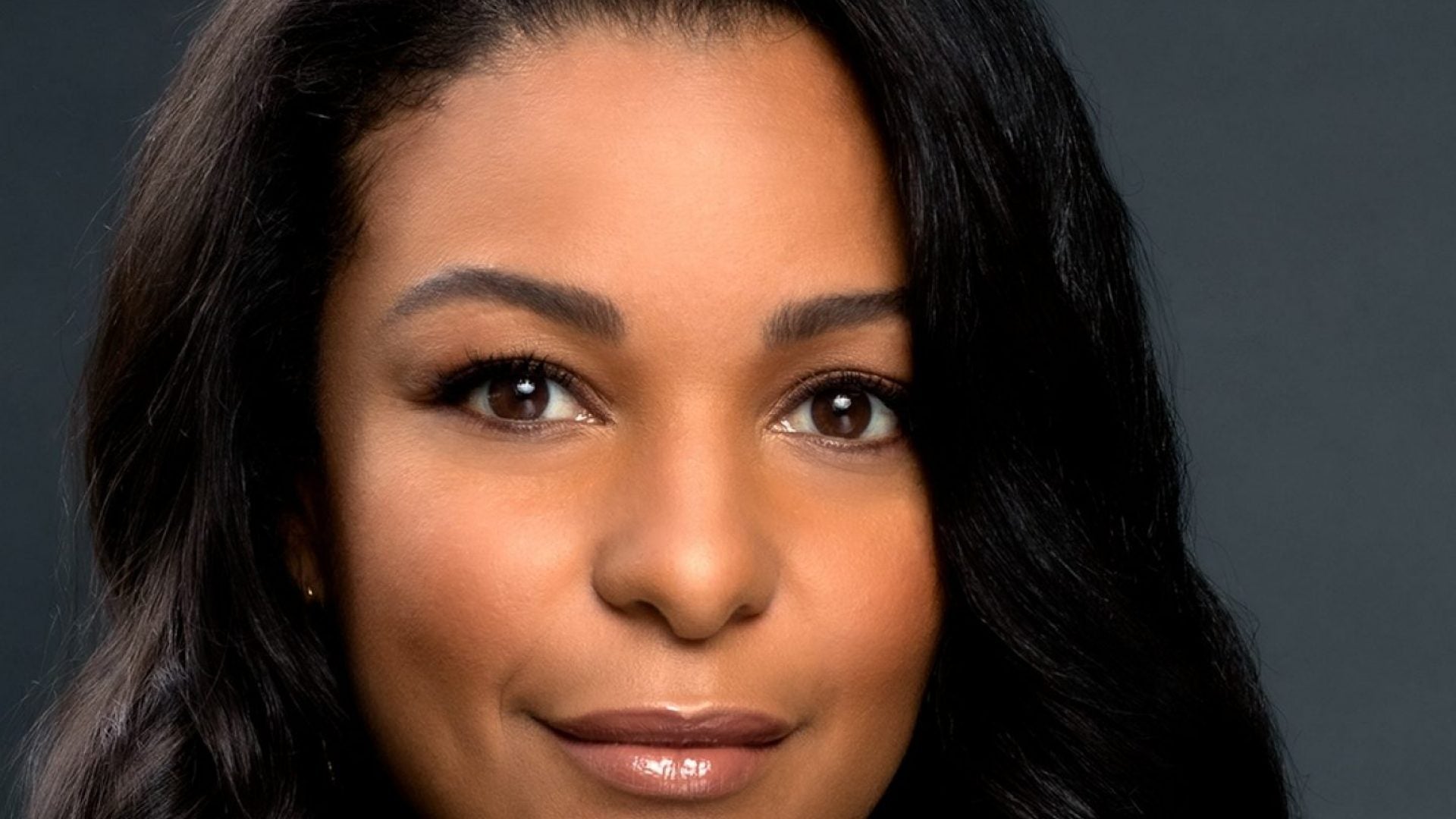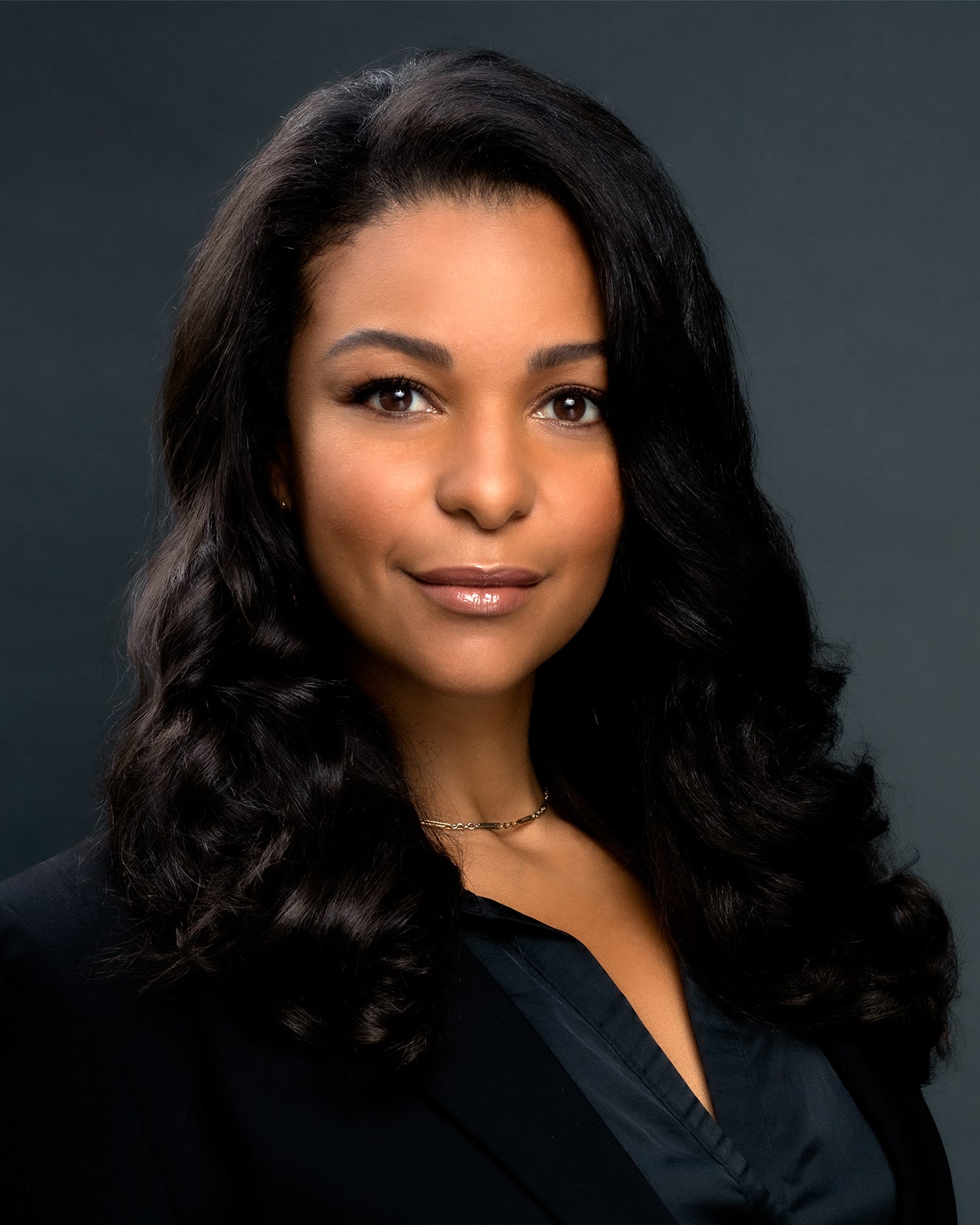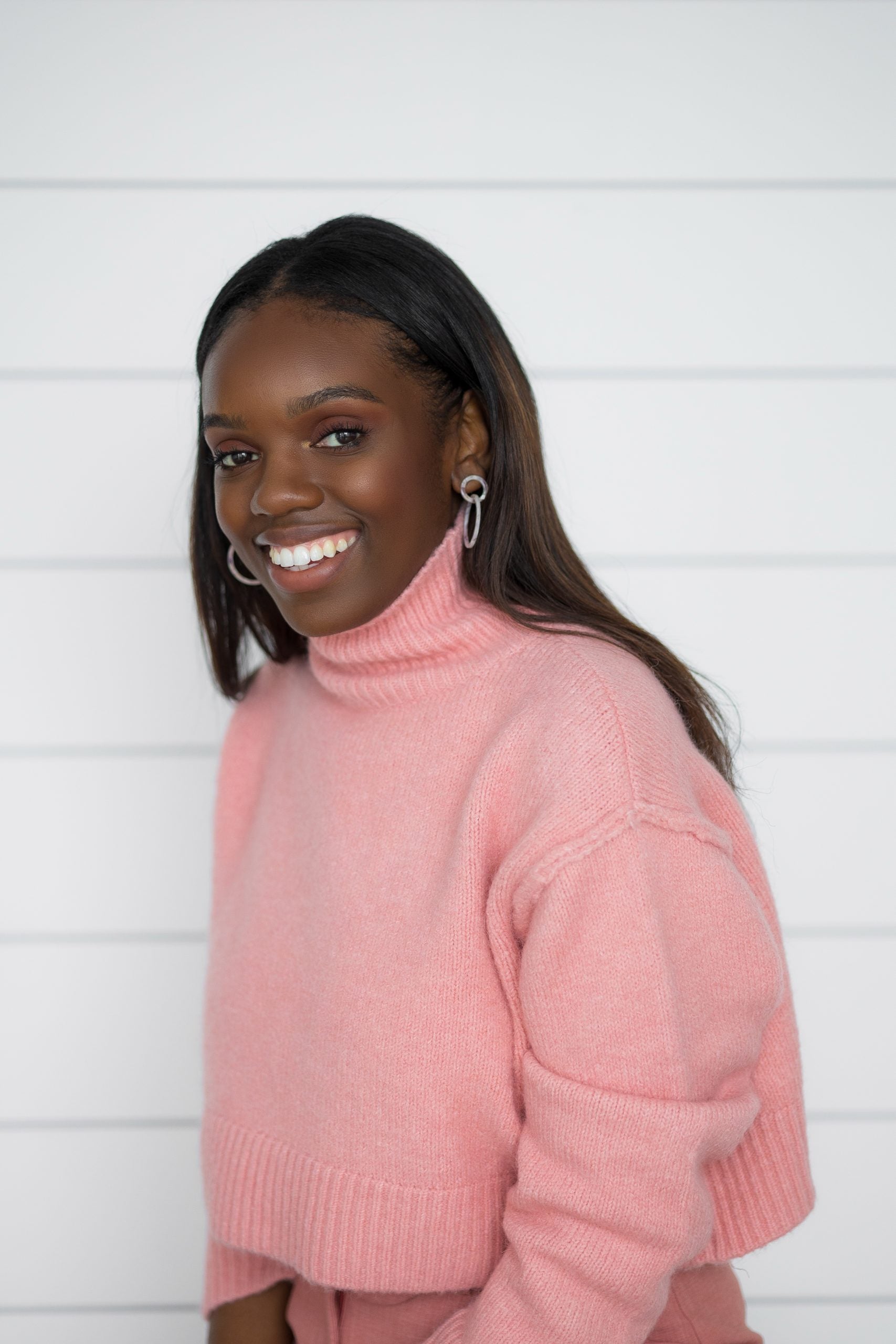
This Women’s History Month, Women in Film (WIF) is giving 12 trailblazing Black women their flowers for their contributions in Hollywood as directors, producers, leaders, and overall content creators. Deemed WIF Pathmakers, the organization, in partnership with Stella Artois, is not only highlighting these women who have forged their own way in the industry but also paying it forward by pairing them with mentees who are building a name for themselves as well.
Each veteran pathmaker’s hand-selected rising star awardee will receive a $5,000 grant which can be used to cover expenses for projects or life necessities in the midst of the COVID-19 pandemic. As part of this collaboration, ESSENCE spoke with four of the phenomenal pathmakers about their passions, career highlights, and the importance of mentorship for Black women in Hollywood. This is our conversation with Sony TriStar Pictures President Nicole Brown.
What first sparked your interest in the film industry?
BROWN: My journey actually started when I was a young person. I was actually a child actor so I grew up in Los Angeles, I loved storytelling, imagination, and performing. As I got older, I started to really analyze where my opportunities were as a performer and I questioned that. I wondered if the range of character and representation was enough to sink my teeth into and play with. I started to look at the people behind the camera and wonder, “What are they doing, and if I were on the other side, would I be able to create more opportunities for people who look like me?” Curiosity killed the cat and I ultimately evolved from wanting to be in front of the camera to wanting to find what place worked for me behind the camera.
When I went to school, I studied history and film. While studying film, I tried to write but blank pages scared me and I tried to direct but I can’t stand the detail. The funny thing is I started this theatre group at Columbia University and I named myself head of the script committee not even knowing and processing everything. I picked the script and I wanted something that was interesting, provocative and would be sticky on campus so people would talk about it. I remember it was The Taking of Miss Janie by Amiri Baraka. I was excited so I picked a director and we’d always talk about casting and who’s good. I remember the performance and I remember standing in the wings as I watched everybody bow.
I felt so much joy. I wasn’t on stage, I wasn’t in front but I knew I helped everyone reach their dreams and we had a full theatre. I was like, “Whatever this job is to support artists and to create an infrastructure to be successful through art, this is what I want.” I’ve spent my life trying to replicate that feeling of joy and it revealed itself to be that of a producer or an executive to really support brilliant ideas. I loved the marriage between business and art and I think film and media is that opportunity to play in that space. I find it to be thrilling, interesting, and full of challenges and that’s how I found my place and figured out where I wanted to be when I grew up.

Tell us about your career journey and how it led you to your current position.
BROWN: I interned at Miramax Pictures in New York and then I moved to LA. I got into the Peter Stark Producing Program at USC and I planned on going there but the summer before I went to graduate school, I interned for a wonderful producer – one of the best, I think – in Hollywood, Marc Platt. As I was interning, he convinced me that I could be an apprentice at his company so maybe I didn’t have to go to graduate school. It was hard because, in my brain, it was like, “Get as much school as possible,” but instead of my perfect plan, I decided to take a leap. I trusted him, I believed in him and I saw that he was very inclusive and didn’t care where a good idea came from. I realized that’s the most important thing about a job – finding those people who will really nurture you and invite you into any room. I went off script and started working for him and worked my way up the ranks there.
The first film I produced was a film called Honey with Jessica Alba and I got to work on the development of the Broadway musical phenomenon Wicked. Then I got curious about what was out there. I was always selling because I was a producer and I sold to studios, but I looked at the people I was selling to and was like, “You’ve got the money. You’ve got this access that I don’t quite have and I’m kind of curious as to what that responsibility is like.” A film financing and production company approached me called Mandate Pictures and they asked me if I wanted to come join the creative department. I was still very much a creative producer on set for everything and in the editing room while being a boots-on-the-ground type of person but I also learned how to manage the investment. I produced a lot of things there from Harold and Kumar to Drew Barrymore’s directorial debut Whip It. I developed a really good relationship with Seth Rogen and Evan Goldberg and did a lot of comedy with them – 50/50, This Is The End and Neighbors.
I worked with a lot of new female filmmakers like Diablo Cody’s directorial debut and Lorene Scafaria directorial debut for Hustlers. Giving people a chance and letting them flex new muscles was really important to me. Again, curiosity killed me because while I built the film, I sold the film internationally and domestically. When we sold the film domestically, the studio would take over the marketing and I was curious about what decisions went into that and what that strategy was. They consulted us and talked us through things, but I wanted to be in the room because I was curious again about what I didn’t know.
How did you come into your position at TriStar?
BROWN: Tom Rothman reached out and there was an opportunity to restart TriStar at Sony. He’s a legend and the vision of TriStar to be the movies in between the big tentpoles and protect the original filmmaker driven story in that theatrical landscape was exciting. It was an opportunity I couldn’t turn down. That was seven years ago and the studio’s gone through a lot of changes but I have loved the TriStar label and have loved building and finding opportunities from a film I did with George Clooney and Julia Roberts that Jodie Foster directed called Money Monster to being able to put together Baby Driver with Edgar Wright and A Beautiful Day In The Neighborhood with Tom Hanks and filmmaker Marielle Heller. I love this label, I love what we’re trying to do and it definitely gets more challenging. The streaming landscape has become a very vibrant choice for the consumer and I love the challenge of keeping these kinds of stories alive and in the theatres.
I was given the honor in October of last year to become the head of the division. It was a very exciting proposition and it felt like an honor. So many incredible people have run TriStar in the past and to be part of that legacy and defining what is this label as we move into this new world was exciting to me. My work was further acknowledged recently when they gave me the title of President. It’s an incredible time to be working and making films. It’s a great time to be at the table, get to build a brand, and find the movies that can change, disrupt and be noisy in culture.
As one of the only women running a live-action label at a major studio, can you talk about the importance of lifting up young Black women as you climb in your career?
BROWN: I have a beautiful counterpart at MGM and she runs the Orion [Pictures] label. Her name is Alana Mayo. Now I’m not the only one, which brings me great joy and I want to see more. I don’t have to be the only one. It’s essential. There’s no point in being here all alone. I think there was maybe a philosophy before in different generations that only allowed room for one but one can’t get the real job done. We need an army, we need troops, we need to be everywhere. I enjoy the camaraderie more and there’s no one answer on how to conquer diversity or define representation.
We need so many people at that table and we have to fill the room in a way that reflects the real world we live in. We also have to fill places in the pipeline in order to continue growth at all levels. We should be at every level and it’s a responsibility for people of color and for women but it’s also a responsibility for everyone because we all do better and we all have much more success when we’re challenged, inspired, and dialogued with multiple points of view.
You’re also on the board for Women in Film. How have you seen the organization amplify Black female voices in entertainment and film?
BROWN: Women in Film has been around for so long and they’ve always been actively working towards building a community of women, pulling up new women, and creating a support system and infrastructure to help women thrive in our business. I’ve always respected this organization. They’ve been incredibly active in acknowledging that Black women are an important demographic to give even more attention to and to be more intentional. Just because some women have risen doesn’t mean that everybody has so we’ve got to help every group figure it out and navigate the system. Perhaps some women have different challenges and we should acknowledge that. I really admire the group and I think they’ve done a great job in creating programs and initiatives to help Black women thrive in the industry.
How did the partnership for the Women in Film Pathmakers program come about?
BROWN: One of the things that have been really important to Women in Film is mentorship and asking current leaders to connect with that next generation by really investing and spending time with the next generation. I think what we’re doing right now is a great reflection of the intention of Women in Film and what we’re doing on a daily basis with mentorship and support groups.

What inspired you to connect with your awardee Fassa Sar and champion her journey through this industry?
BROWN: Fassa and I worked together at Sony and were working in different divisions. She’s an executive for Sony Pictures Worldwide Acquisitions but we’ve crossed paths. I saw her across the table and she is bold, speaks her mind, poised, and knows when to listen but also is brave to speak out when she has something valuable to say. She has incredible creative instincts so I noticed her immediately. Luckily, my studio actually has a mentorship initiative and when she was asked to pick who she wanted, she picked me. I was flattered. She and I have a lot in common. It created the start of a beautiful friendship that has been going on for a long time.
She comes from a political background and has had a fantastic experience from working at Variety to working her way up at the studio. She’s got the incredible experience that makes her very prepared to do great things in the business. She also has this fire and creativity that I adore. Anything I can do to help her figure out how to navigate, thrive, and accomplish her ideas, I want to do. Whenever we connect and work together, she comes with a thousand questions and she’s so prepared. She loves what she does and she has the same goals as me, which is to continue to expand representation and bring new voices to our business while being incredibly successful and supporting a big traditional studio.